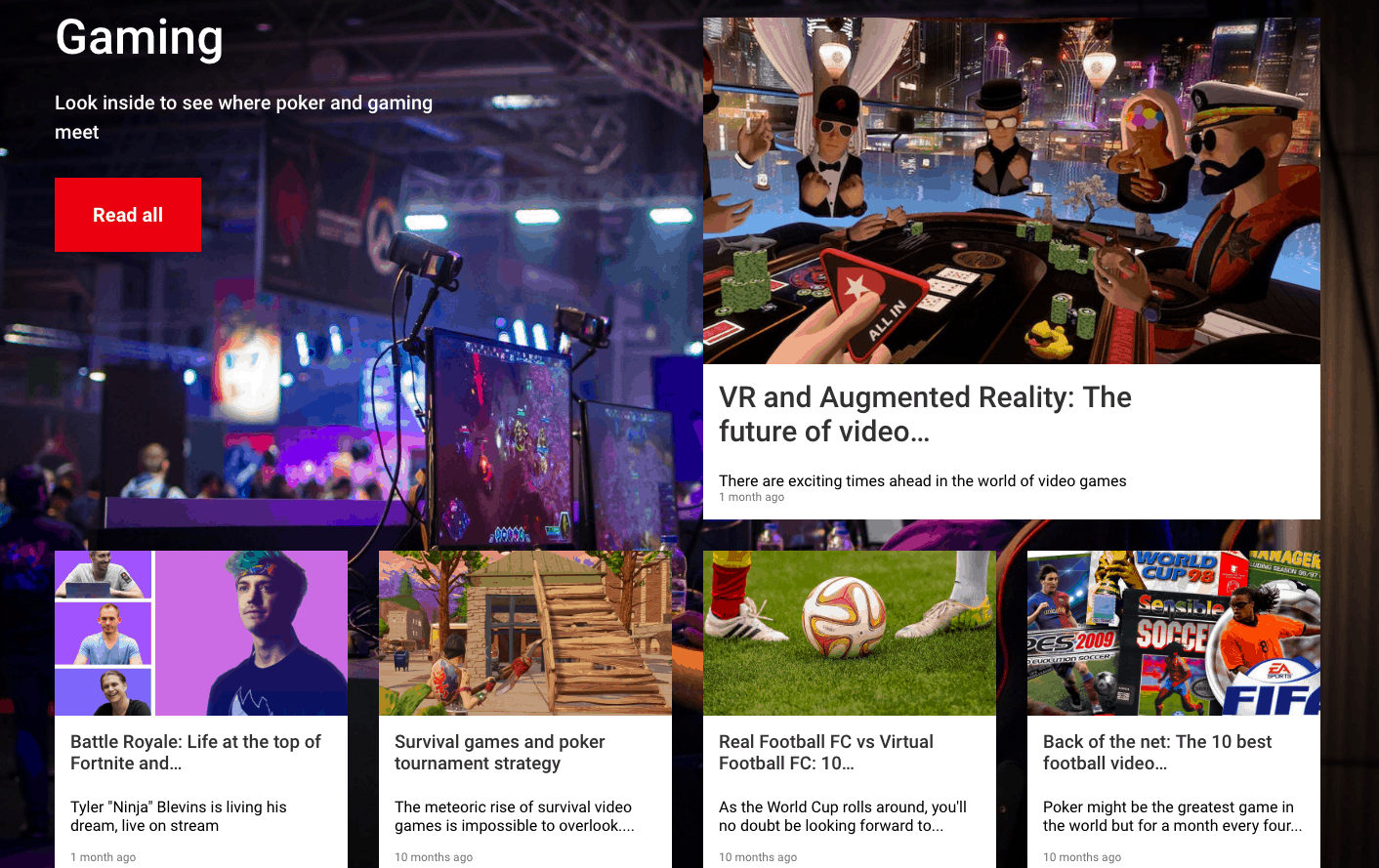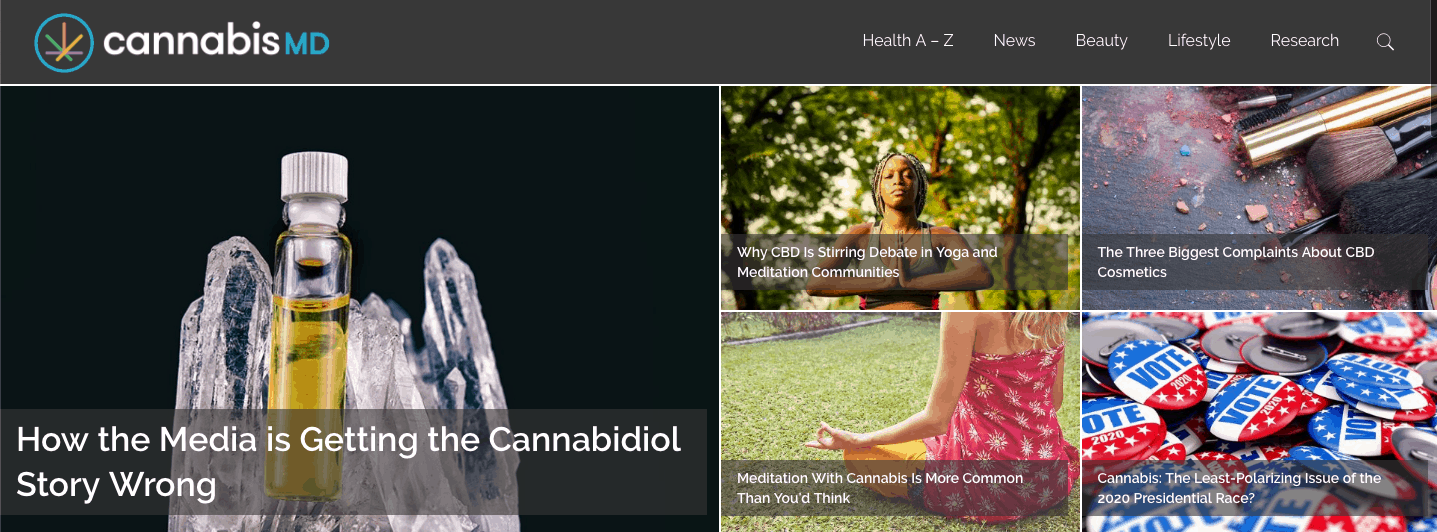Strategy
(Ad)vice: 3 Marketers at Controversial Companies Explain Their Methods
In 2013, Andreas Johansson launched a new vodka for a celebrity who knows a thing or two about controversy. The client, Dennis Rodman, had just wrapped a season of Celebrity Apprentice, and he was making headlines as the first American who visited North Korea’s then-leader Kim Jong-un. “I think we launched Bad Boy Vodka right as he was coming back from his second trip to North Korea,” Johansson said. “At that point, feedback was still overwhelmingly positive.”
Shortly after the team launched the vodka brand, with Johansson as founder and CEO, public opinion on Rodman began to shift. Rodman started commenting publicly on international politics, and both Congress and human rights groups began to investigate whether the lavish gifts he brought Kim Jong-un were a breach in diplomatic law. In January 2014, fresh off yet another trip to North Korea, Rodman checked himself into rehab. All of this bad press complicated Johansson’s job considerably, but he pressed on.
Promoting Bad Boy Vodka became a matter of keeping the original brand identity in conversation with Dennis Rodman’s tumultuous personal life. Johansson was marketing “through some serious adversity and resistance” for years.That meant creating social media graphics to appeal to consumers living a particular party lifestyle, and releasing limited edition bottles with illustrations of Rodman with King Jong-un. Though the content created for the brand is pretty salacious, it does feel organic to Rodman’s point of view.
https://www.instagram.com/p/hePDnzkBo4/
Johansson believes marketers working with controversial products, or products with negative connotations, do themselves a disservice by ignoring what target consumers are talking about.
Ultimately, Rodman’s controversies only enhanced his image among target buyers. “I think if you choose to enter this type of industry, or partner with controversial characters, you can’t pretend that it’s not there,” Johansson said. “When we were building the vodka, we always embraced who Dennis was and what he stood for—good and bad. If we had been afraid of controversy, then we could have just picked someone else.”
Granted, that mindset probably does work well in the alcohol and spirits industry, but some marketers can’t just choose to embrace controversy. Some products have been historically misunderstood by the public, and marketers are tasked with creating educational content to realign public opinion with the truth.
Marketing a dangerously misunderstood product
Michael Josem has marketed online gambling platforms for over a decade, and he knows how tricky the process can be. He worked in marketing and public relations for several online gambling companies, including PokerStars, for over a decade before switching to the agency world.
While working as the head of brand public relations at PokerStars, Josem oversaw a team dedicated to earned media opportunities, which included “finding, creating, and telling positive stories about the brand, and also responding to stories that were critical of the brand.”
PokerStars is the largest real-money poker game in the world. The brand controls over two-thirds of the market. Despite being a gargantuan presence that follows clearly defined gambling guidelines, PokerStars has been continually linked to lesser sites. Josem said some of these sites stretch the limits of ethical, legal gambling to the breaking point. That meant his job was differentiating the PokerStars brand from the herd.
To change that perception, PokerStars started by celebrating big winners locally, away from a computer screen. The company threw parties for winners in their communities, which accomplished two things. First, it played up the idea that the platform isn’t rigged, and anyone can win. Second, it challenged the notion that online poker is shady.
Josem knew poker players shared these concerns. “It was absolutely central to correctly identify our target audience,” he said, “and then to understand the stories and issues that were likely to resonate with them.”

Josem and his team earned the trust of regular players by creating a “huge catalogue of honest, transparent content.” They also worked with journalists and legal experts to stay updated on their industry. Using data from this advisory team, Josem oversaw content that tried to educate players on strategy, celebrate winners, and depict the poker world as an inclusive community.
In recent years, the line between outright gambling and mainstream gaming has blurred considerably. For example, some companies use children’s characters to promote their games, though it’s still illegal for anyone 17 and under to gamble. Many games now offer digital loot like skins and game mods in lieu of money. Certain online video games have even added the appearance of a fun gamble to their in-game purchases. A free iPhone game might prompt players to pay a real dollar for a chance to spin a wheel and possibly win points or in-game tools.
“Those mods might have no value in the eyes of the law, but certainly have value in the eyes of consumers,” Josem said. In this instance, the law hasn’t quite caught up to the gray area tactics used by many gaming companies.
Just as creating educational content can help market a brand to the right audience, great content can also keep people informed as the industry changes. If Josem and PokerStars hadn’t begun sowing trust through content years ago, they wouldn’t be a trusted voice in an evolving industry.
Marketing a product with changing legality
The editors at cannabisMD know what you’re thinking, but their brand is not another stoner haven. “We’re not talking about flower, smoking, or bud,” Jennifer Romolini, the site’s new editor-in-chief, said. “We’re not going to slap up some tie-dye. That’s a cool young hip space to play in, but we’re a very specific, higher-end brand, and our content is about healing and getting yourself some help.”
Romolini and her team publish articles on cannabisMD that break down complex medical insights on cannabis, sourced from clinical studies, and delivered in approachable language for an intelligent audience. The audience uses cannabis products to combat medical issues. But, that’s not to say the brand can’t have fun. Romolini likens cannabisMD to the health and wellness section of a women’s magazine, which is an industry she’s very familiar with, after twenty years of working in women’s editorial at Shondaland, Yahoo!Shine, and Timeout.
“A lot of publications address the recreational aspect,” she said. “So we believe the medical and wellness group is undeserved. There’s a way to marry readers to the data, based on what we’ve learned by surveying our existing audience and learning about SEO.”
How will cannabisMD’s team know that they’re breaking through the stereotypes of cannabis and reaching the right audience? It’s easier to tell than you’d think. “Digital lets you know pretty quickly if things are working,” she said. “There aren’t really any surprises in this industry anymore.”

Her boss, CEO Michael Klein, is confident the data proves cannabisMD is prepared to push against misconceptions. They’re simply not writing for people who Google terms like “weed” or “edibles,” and sticking instead to a set of very specific search terms.
“We own 12,000 keyword specific domains for medical cannabis and CBD, the largest library of domains in this category in the world,” he said. “These domains drive tremendous power and authority in search for cannabisMD because of the search intent nature of the consumer. They have a very specific ask, like CBD epilepsy, CBD acne scars, etc.”
But it’s not just about search. The content team discovered that their target audience joins Facebook groups based on unique needs—they’re not just joining huge cannabis enthusiast groups. “We are growing in communities around pets, anxiety, and natural health,” Klein said.
To serve those in need, Romolini and Klein developed a data mining tool called the Knowledge Navigator. It picks up cannabis and CBD analytics from millions of links. The data can then be filtered by demographics for any brand.
“The Navigator tracks a brand, how it’s discussed and how it should be positioned and to which audience,” Klein said. “We use these insights to craft a highly targeted and engaging experience for brands on cannabisMD. Brands also license the tool for their data and analytics.”
As for building trust in a fraught industry, the CannabisMD team is devoted to objectivity, and it does not traffic in outright cannabis advocacy. If the audience knows they’re not being sold a product, they’ll trust cannabisMD’s voice over the hundreds of others in the space.
“We publish research that shows positive results, and research that is not so positive,” Klein said. “Our goal is to empower consumers with information to make choices that are right for their lifestyle.”
Image by Alina555Get better at your job right now.
Read our monthly newsletter to master content marketing. It’s made for marketers, creators, and everyone in between.




